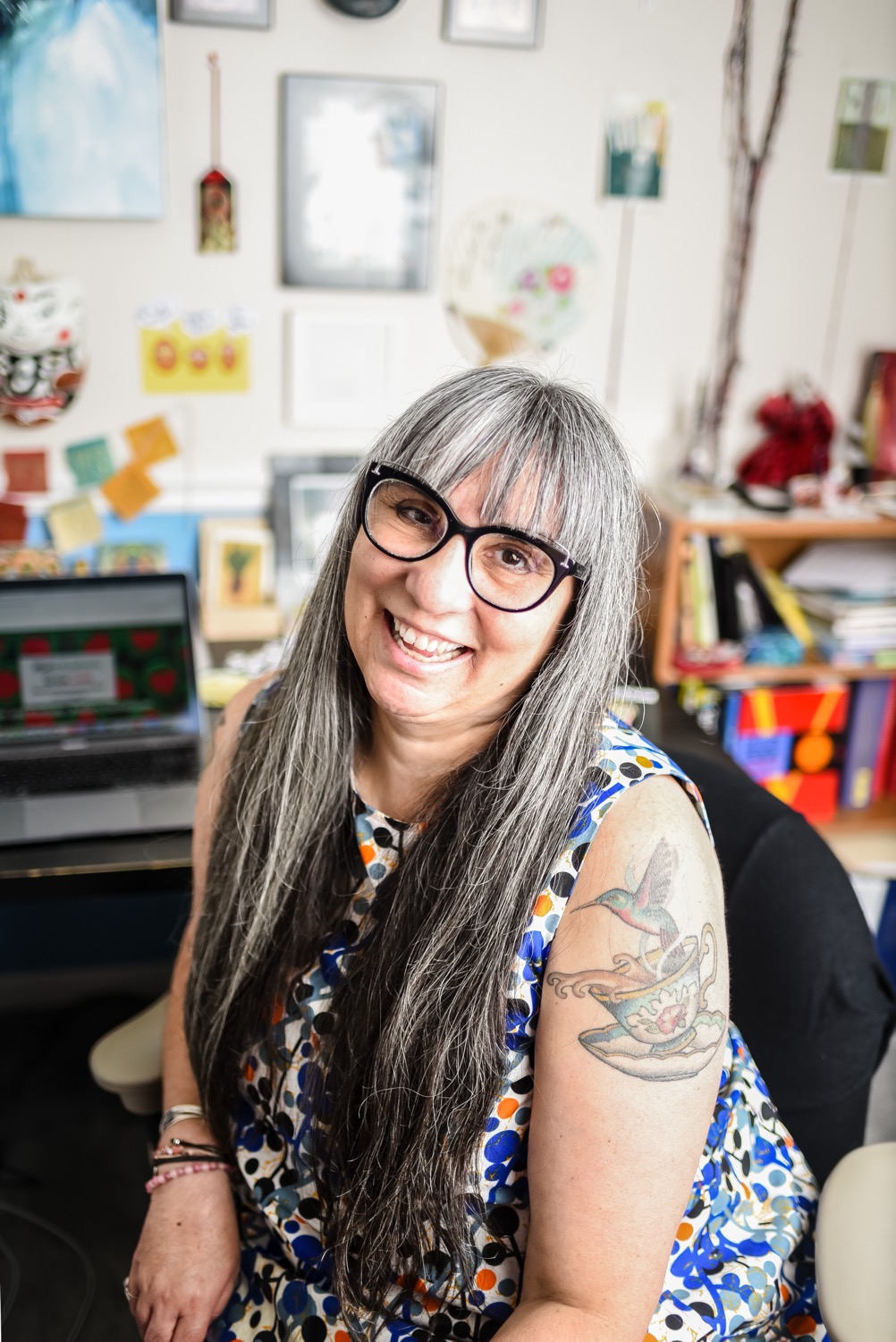Kindness isn't (Just) for Kids!
- Karyn Ross

- Jun 22, 2023
- 4 min read
Kindness is learned behavior. And we learn it from our leaders. That is why we need to focus our efforts on enabling and encouraging adults to act, speak and think more kindly.
I was talking with another person who is a kindness advocate and activator and she was surprised to find out that my focus (like hers) is on kindness for adults. In the workplace, in the community and at home.
"So many people think that kindness is just something for kids", she said. "And that kids will magically turn into kind adults..." "I know", I said. "Problem is, when you look around your place of employment and out in the wider community, and you see how unkindly adults are acting and speaking, you can see that the assumption that focusing on kindness for kids will translate into kind adults is totally incorrect."
And that is why I focus on enabling and encouraging adults to model kind behavior. In my professional work, and through the work that The Love and Kindness Project Foundation does.
Let's take a closer look at what I mean by enabling and encouraging adults to model kindness.
I've seen a number of videos going around the internet recently that show kids acting in kind ways towards others. Have you seen them? One of them has a three or four year old calmly explaining their feelings to their mother, and how (and why) they had been a little angry and uncooperative earlier. The other video was of two kids of a similar age in the backseat of a car strapped into their car seats. One of the children's mothers had gone into a store to purchase something. When the absent mom's child woke up from a nap and didn't see their mom, they started to cry. The video is of the other child patting the knee of and consoling the crying child, reminding them that their mom would be back soon, that they were safe, etc.
Both of these videos have millions of views. And many, many comments to the effect of "kids are so kind. It's natural..." But I disagree.
Because in each video, what is forgotten (or ignored) is that the children learned their kind behavior - expressing their feelings in words and being empathetic and caring to others - from the adults that they were with. Their kind behavior didn't appear out of "nowhere" and it isn't innate.
Children learn how to be kind from the adults that care for, teach and lead them. Although we are used to thinking of parents as their children's first teachers, they are also their children's first leaders. And every single one of us learns how to act, speak and think kindly about others, and ourselves, from our leaders.
This is extremely obvious in the first video of the three or four year old who is talking about their "big feelings" so eloquently. When you listen to the words the mother is using to respond to the child, and the tone of the mother's voice, you will recognize it in the child's word choice and tone of voice. The child learned how to express their feelings from the model their mother gave them.
Kindness isn't something innate to humans. It is learned behavior.
And because children learn how to be kind (or unkind) from adults, it is imperative that we focus our efforts on enabling and encouraging adults to act, speak and think kindly. Especially at work, since as we saw in the last two posts about Breaking the Cycle of Unkind Leadership Part 1 and Part 2, how people are treated at work (both unkindly and kindly) are how they treat others - including their children - when they are at home and in the wider community.

When my kids were growing up, I always said that they were "apprentice adults". All they wanted to do was mimic what the adults in their life did. Especially the actions of my partner and myself. Perhaps you have noticed that it's the same for your children. Perhaps you have also noticed that sometimes (for better or worse) your children are repeating exactly what you have said, and are acting in ways that you or your partner do. Perhaps you have recognized and seen parts of yourself and your behavior that you don't love and wish were different in the actions and behavior of your children and wished you could change them.
You can. And the change starts with you. When you change your actions, words and thoughts for the kinder, your children will see, hear, experience and mimic them instead.
That change is especially important and impactful when you are wearing your Leader Hat at work...because you will be influencing, modeling and teaching the adults who work with and for you HOW to be kind. And they will then take those practices home to their families, and their children will learn from them.
Over the next four weeks, I'll be posting about specific things you can do to act, speak and think more kindly at work, at home and in the community.
As an adult, you have the ability and power to choose to engage in these practices. When you do, your Kind Leadership will both make your workplace a kinder, better place, and you will be enabling and encouraging others - including children - to act, speak and think more kindly.
Kindness isn't (just) for kids...It for adults just like you.
Please subscribe to KindLeadership.org to receive notifications about every new blog post, including those in this series!




Comments